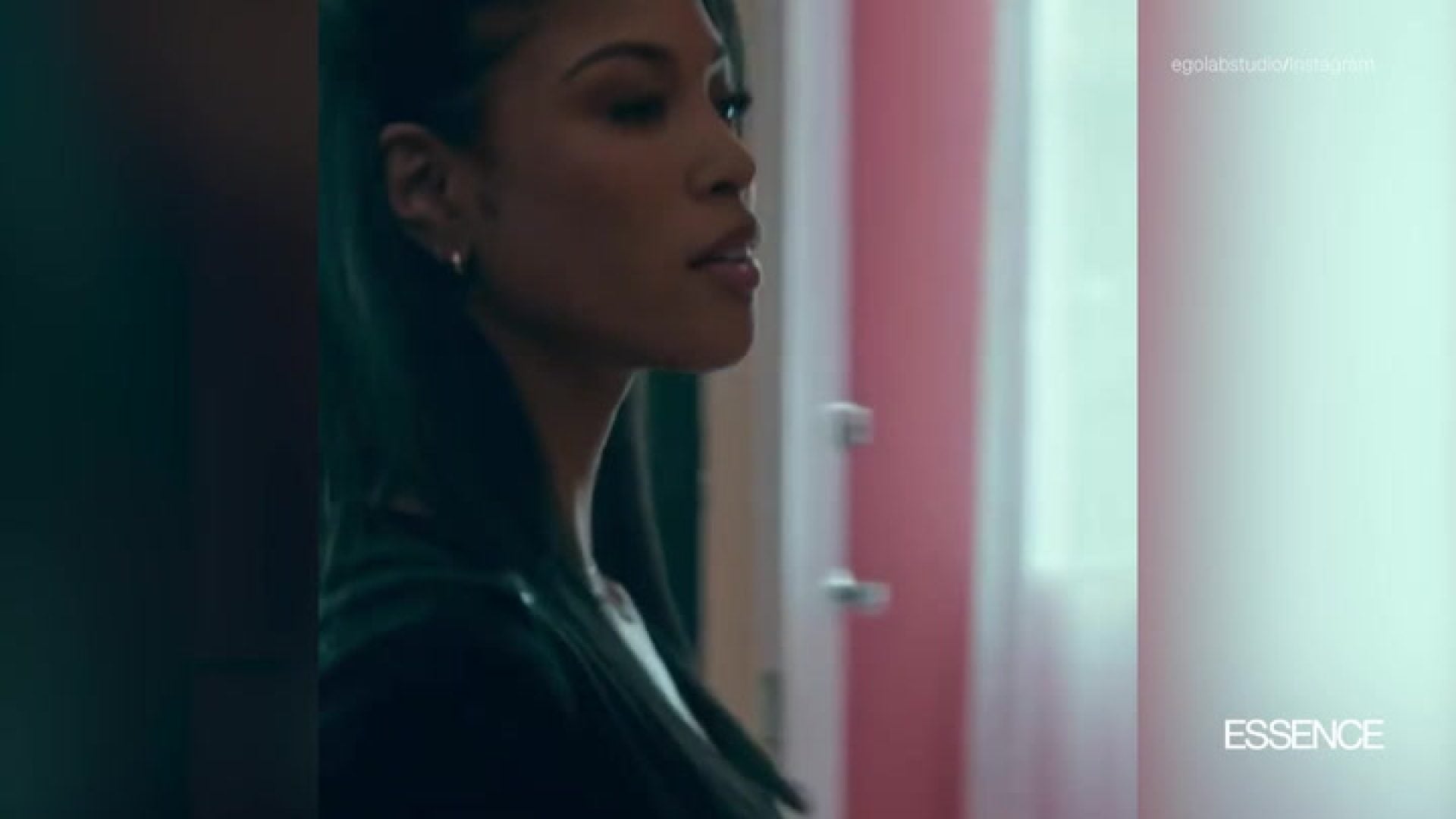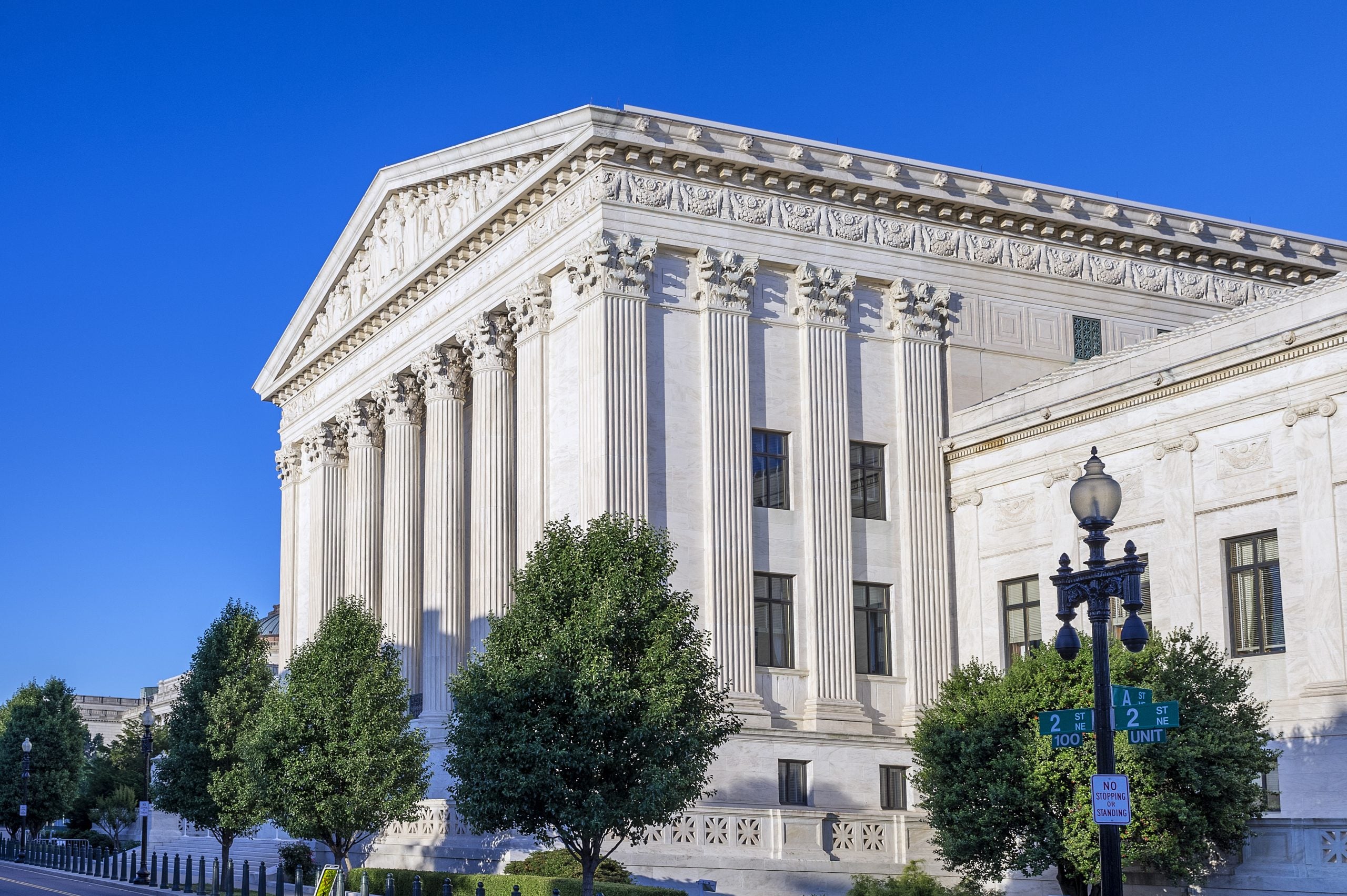
The U.S. Supreme Court announced Monday that it has adopted a code of ethics for its justices. The decision to implement a code of ethics comes in response to revelations of undisclosed gifts and benefits received by several justices, including Clarence Thomas and Samuel Alito, reports Politico.
The scrutiny prompted Senate Democrats to push for a code of conduct for the court. Justices Sonia Sotomayor and Neil Gorsuch also faced criticism over book and property sales.
The discoveries came as the court faced strong criticism for overturning Roe v. Wade, banning race-based affirmative action in higher education, and rejecting the Biden administration’s student loan forgiveness plan, among other things. The public’s confidence in the court’s impartiality has reportedly declined in recent years.
The lack of a formal code was notable, as the Supreme Court was the only federal court without such guidelines. The court acknowledged that it had “common law” ethics rules, but the absence of a formal code had led to a perception that the justices considered themselves unrestricted by ethics rules.
The new code explicitly prevents justices from knowingly using the prestige of their office to “advance the private interests of the Justice or others” and blocks them from giving others “the impression that they are in a special position to influence the Justice.”

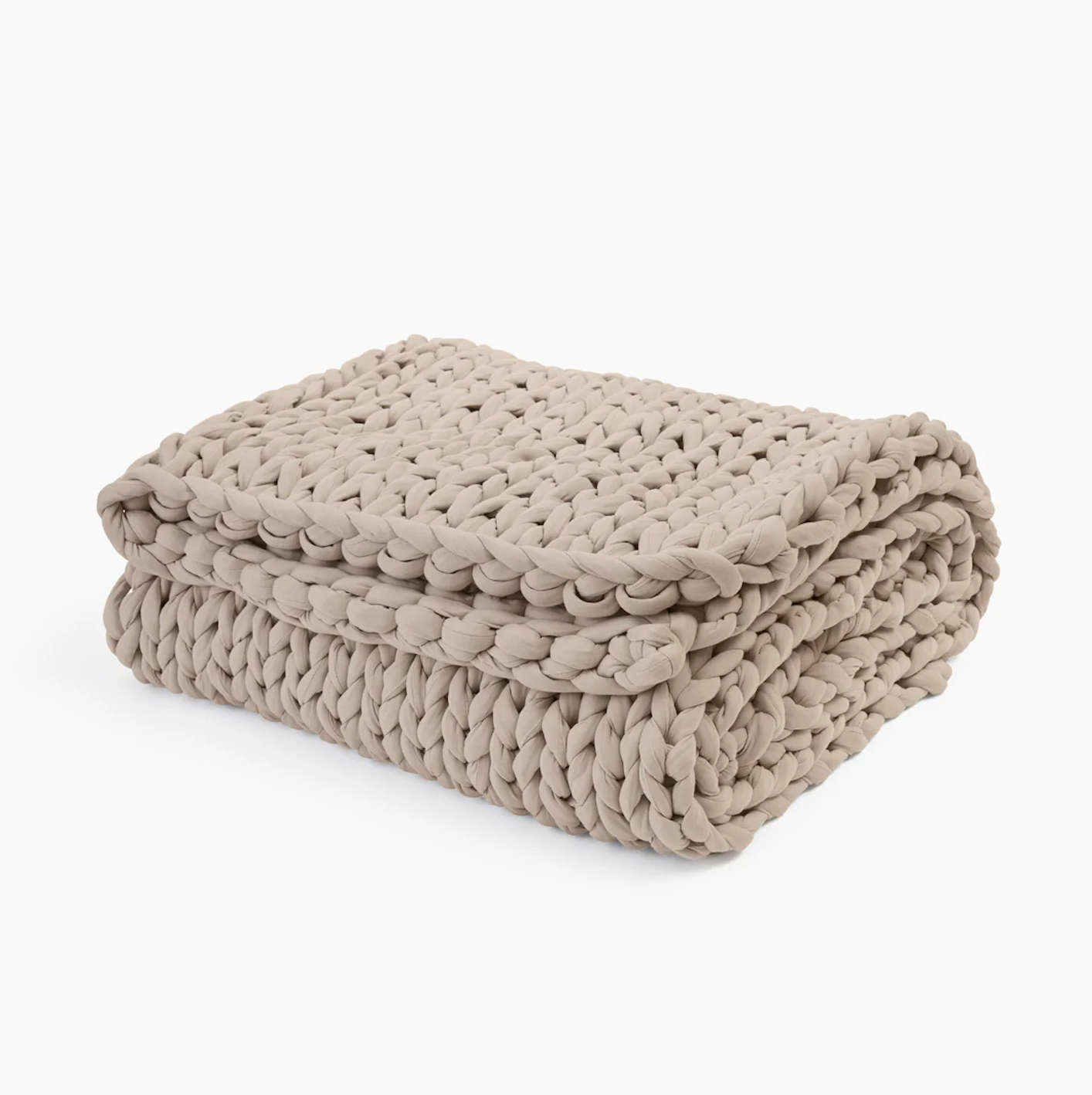

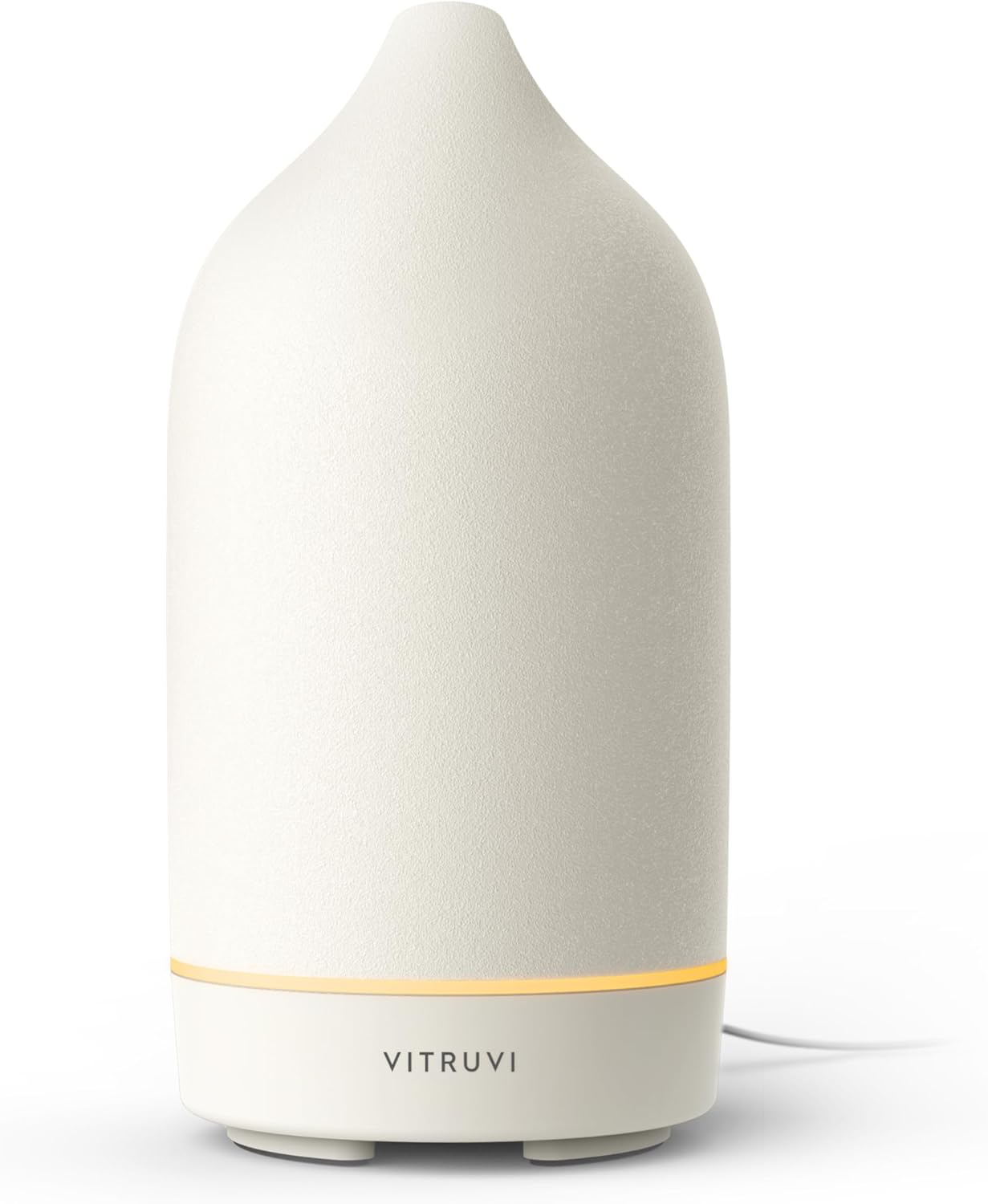

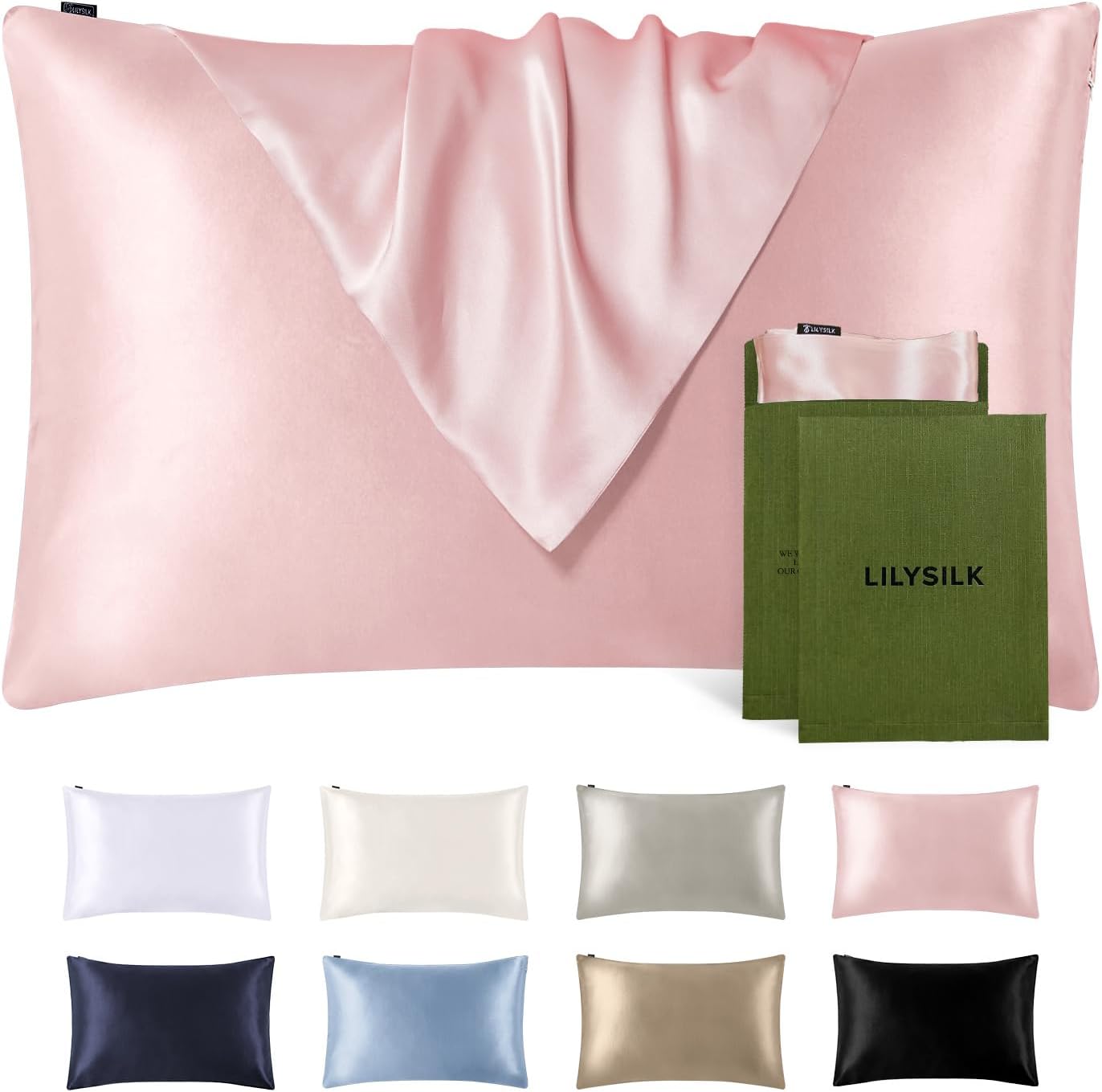

Justices Amy Coney Barrett, Elena Kagan, and Brett Kavanaugh publicly supported the adoption of a formal code. However, questions have been raised about the enforcement of the code, with Senator Sheldon Whitehouse expressing concerns about the process for investigating possible violations.
Additionally, Senate Democrats had planned to subpoena two billionaires who allegedly provided lavish gifts to Justices Thomas and Alito, but the subpoena was postponed. The gifts included luxury vacations, tuition payments, and using a private plane during a fishing trip. These revelations raise questions about the influence of wealthy donors on justices and their potential connections to cases before the Supreme Court.




